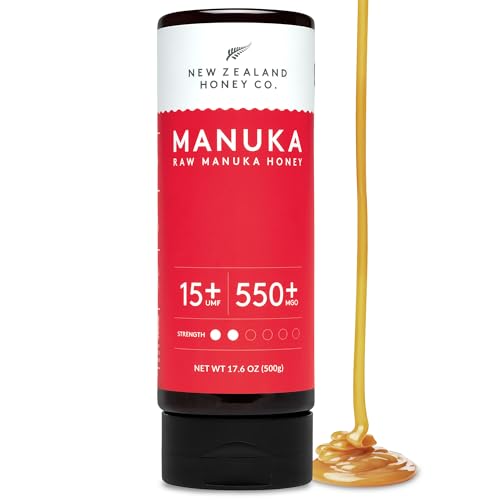





Manuka Honey UMF 15+ Squeezy, 500g/17.6oz
Category: saffola honey

Halal is a term that refers to what is permissible or lawful under Islamic law. In the context of food, it describes the process by which food is prepared and handled according to Islamic principles. The word "halal" comes from the Arabic language and means "permissible" or "lawful."
The concept of halal is central to the lives of Muslims, as it governs not only the food they consume but also various aspects of their daily lives. The rules and regulations surrounding halal are derived from the teachings of the Quran, the holy book of Islam, and the Sunnah, the teachings and practices of the Prophet Muhammad.
The process of making food halal involves several steps. First, the animal must be slaughtered in a specific manner, with a sharp knife and in the name of Allah. The animal must be treated with kindness and respect, and its suffering must be minimized. The blood must be drained from the carcass, as the consumption of blood is considered haram, or forbidden, in Islam.
In addition to the slaughter process, halal food must also be free from any impurities or contaminants. This means that it cannot contain any pork or alcohol, as these are also considered haram in Islam. Halal food must also be prepared using utensils and equipment that have been thoroughly cleaned and sanitized.
The importance of halal in the Muslim community cannot be overstated. Consuming halal food is not only a religious obligation but also a way of life for many Muslims. It is a symbol of their commitment to their faith and a means of maintaining their identity and cultural heritage.
The halal industry has grown significantly in recent years, with a global market estimated to be worth trillions of dollars. This growth has been driven by several factors, including the increasing demand for halal products among Muslim communities worldwide, as well as the recognition of the high quality and safety standards associated with halal-certified foods.
The halal industry has also had a significant impact on the global economy, with many countries and businesses recognizing the economic opportunities presented by the halal market. This has led to the development of specialized halal certification bodies and the establishment of halal-friendly regulations and policies in various parts of the world.
Despite the growing popularity of halal, there are still some misconceptions and controversies surrounding the topic. Some individuals and organizations have raised concerns about the ethical and environmental implications of halal slaughter practices, while others have questioned the legitimacy of certain halal certification bodies.
Overall, the concept of halal remains a central part of the lives of Muslims worldwide, and the halal industry continues to play a significant role in the global economy. As the demand for halal products grows, it is likely that the industry will continue to evolve and adapt to meet the changing needs and preferences of consumers.
product information:
| Attribute | Value |
|---|

















